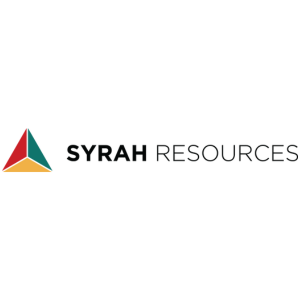David Sturmes speaks about Building a Sustainable Future: Collaborative Innovation and Local Empowerment in African Mining.
As the world transitions to a minerals-based, green economy, all eyes are on Africa in hopes of accessing the continent’s unparalleled mineral riches. However, civil society leaders and community representatives are posing the most important question: What’s in it for the local communities where these resources originate? How can we break the extractivist relationships that have historically failed to generate lasting value at the point of origin?
Mining Indaba plays a unique role in providing a forum for different stakeholders in the African mining sector to converge and deliberate on the latest developments, breakthroughs, and challenges faced by the industry. I can’t wait to participate in the 2025 event and explore its thought-provoking theme of “Futureproofing African Mining, Today.” For me, this theme encapsulates not only the need for investing in technical innovation but also the collaborative efforts required from all stakeholders to ensure that the continent’s mining sector becomes a beacon of sustainable development.
To unlock the full potential of the continent’s mineral resources as a driver of local development and as an engine for the global economic transition, strategic collaboration among national governments, the mining industry, and local communities is crucial. Ensuring equitable value creation must be a shared responsibility across all of these actors to ensure that mining activities propel Africa’s socio-economic advancement while safeguarding environmental integrity and community well-being. This can be done by:
Tech-enabled innovation: African countries should prioritise leveraging emerging technologies and artificial intelligence for the efficient identification of mineral deposits, optimizing exploration efforts and minimizing environmental impact. Continuous improvement in operational efficiency is paramount for mining companies to remain competitive in a dynamic global market. By boosting productivity and implementing sustainable practices, these companies not only enhance profitability but also contribute to the long-term viability of the sector.
Attracting top talent: Academia plays a pivotal role in shaping tomorrow’s workforce and attracting future leaders of the mining industry. Investments in training programmes tailored to the evolving skill sets demanded by a technology-enabled and sustainability-focused sector are crucial. As millennials and Gen Z are increasingly looking for career opportunities that align with their moral compass, the mining sector stands in fierce competition for top talent with a range of other sectors such as tech, health care, media and entertainment. To survive, mining companies should double down on their commitments to ensuring lasting societal benefit, beyond generating profits for its shareholders.
Creating an enabling regulatory environment: Simultaneously, national governments must streamline bureaucratic processes and expedite permitting procedures, from exploration to mining operations. By creating an investor-friendly environment while ensuring robust regulatory enforcement, governments can attract vital investment into the sector while safeguarding the interests of local communities. Seeking international investment, African governments should stand united, stipulating stringent ESG expectations safeguarding the interests of their people, starting a race to the top, improving ESG practices and excelling at corporate citizenship.
Geo-exploration at scale: Many African countries have yet to explore most of their geological potential. Geoexploration at scale is needed to identify the next big mineral reserves and ensure that mining activities can continue upon the completion of current deposits.
Embracing sustainability: To futureproof the African mining sector, mining companies must embrace adaptability. This entails navigating through evolving regulatory landscapes and meeting the increasingly stringent sustainability expectations of global buyers.
Unleashing the potential of the artisanal mining sector: An issue dear to my heart is driving the professioanlisation of the artisanal mining sector, as we try to do in the Congolese cobalt sector through our work with the Fair Cobalt Alliance that was founded and is managed by The Impact Facility, and through our impact-investment, equipment financing programme with focus on the artisanal gold mining sector across Kenya and Tanzania. Talking about futureproofing the mining sector, we cannot leave out the ASM sector that employs more than 50 million people across the globe, dwarfing the workforce of the industrial mining sector by comparison. The artisanal miner sector is forecasted to grow, as the global demand for minerals is increasing and farming and other traditional livelihoods become increasingly difficult due to climate change.
Talking about the professionalisation of the sector, means to me strategic sector development, pivoting from informal artisanal mining activity developing into thriving small-scale mining enterprises, offering safe and dignified working conditions to men and women that are able to generate a living income from their hard work.
For this to occur will require legislative reform that allows for legitimate, yet informal, artisanal miners to formalise their operations, coupled with technical capacity building and business literacy development of cooperatives and other artisanal mineral producers, the provision of fair and regulated market access and importantly, investment into capital and equipment, commensurate with the might of a sector producing billions of dollors worth of minerals, ranging from gold and cobalt, to tin, tungsten and tantulum, sandstone, diamonds and gemstones, to name but a few.


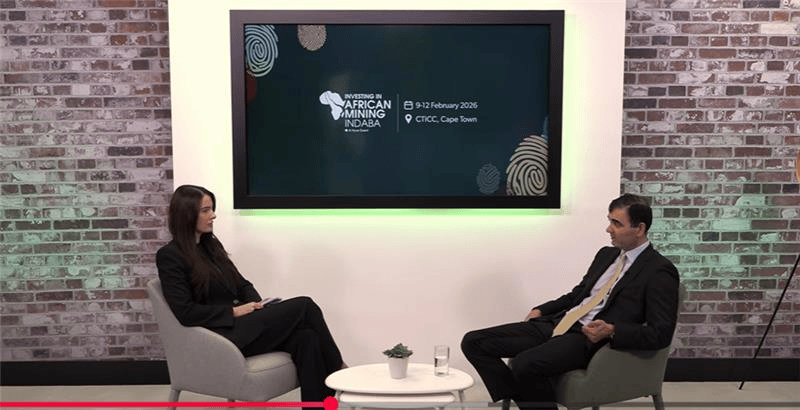
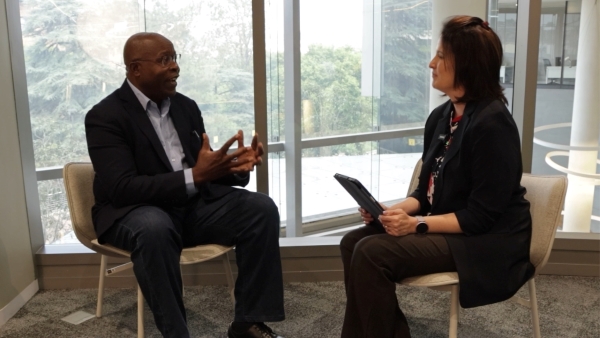

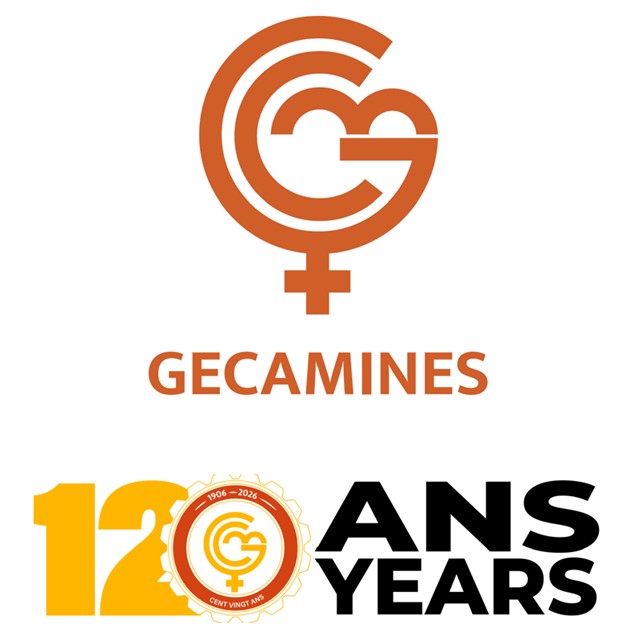
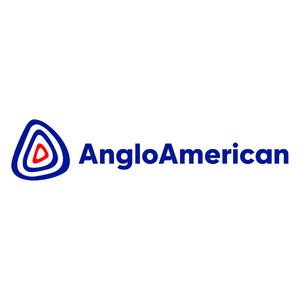

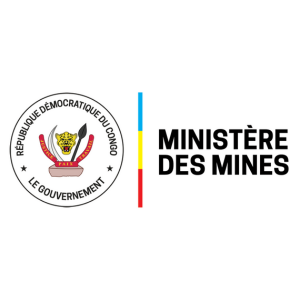
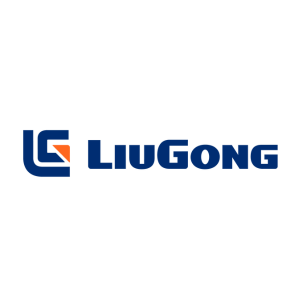
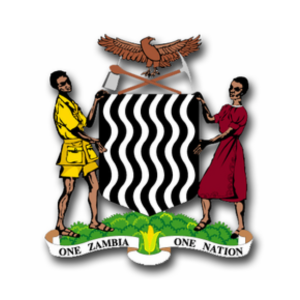

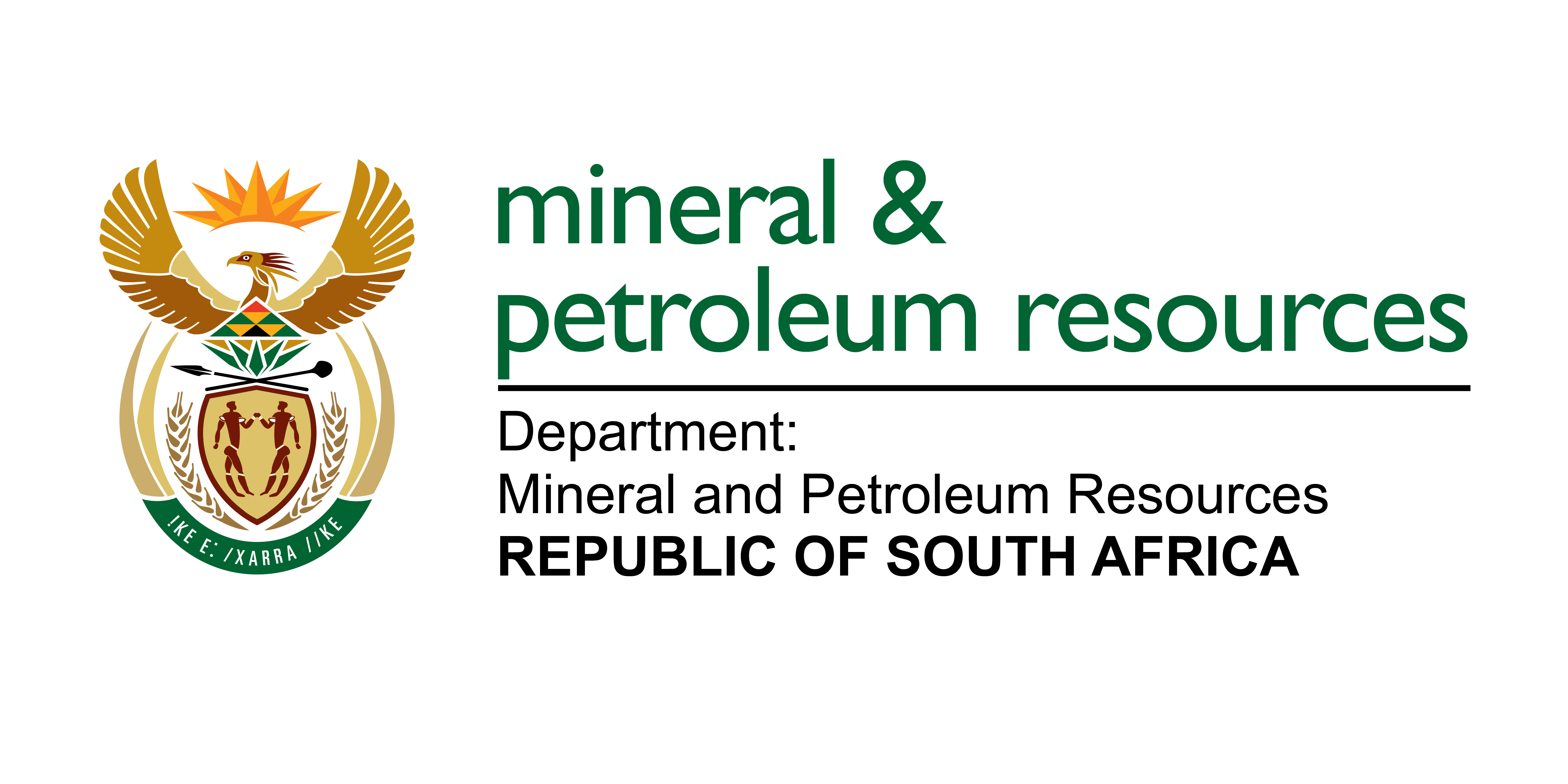-Logo_CMYK_1.jpg?width=1000&height=500&ext=.jpg)
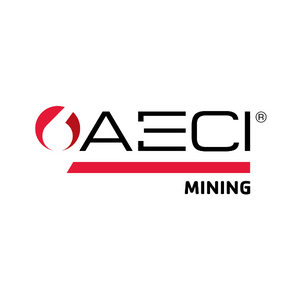



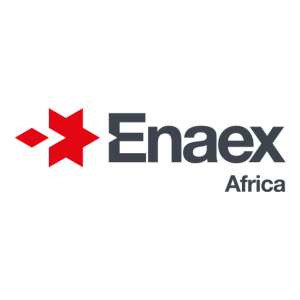


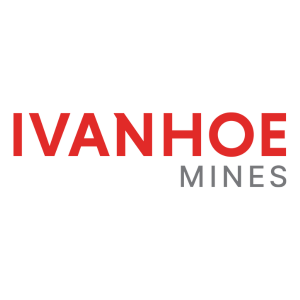
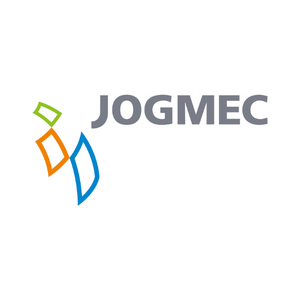


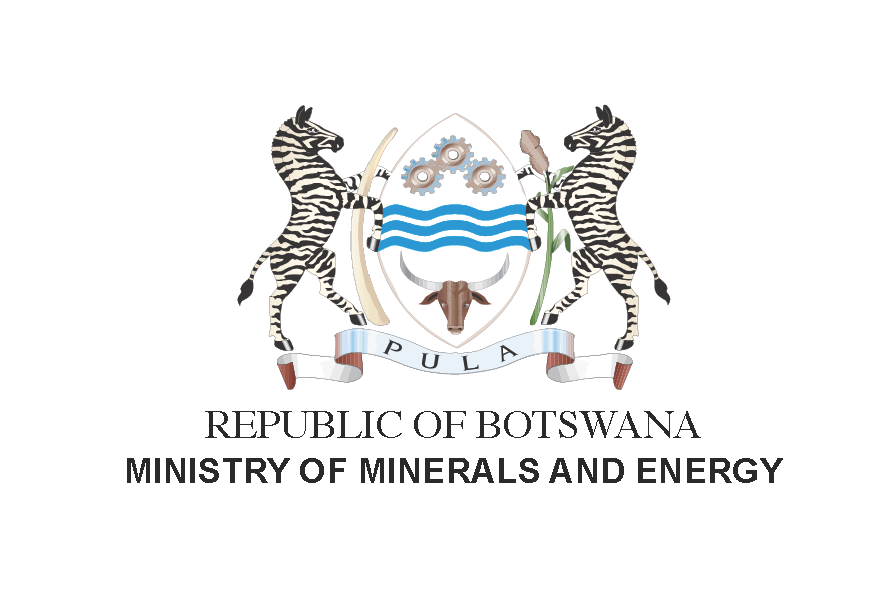.png?width=300&height=208&ext=.png)
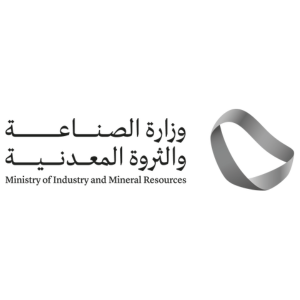
_mi25-weblogo.png?ext=.png)
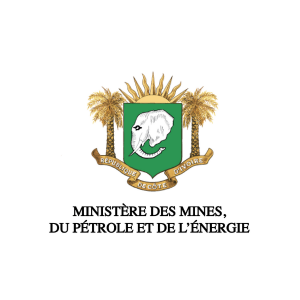
_1.png?ext=.png)
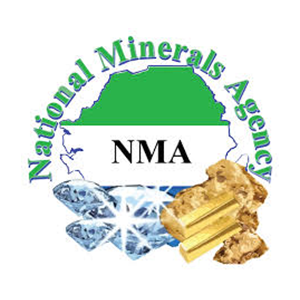

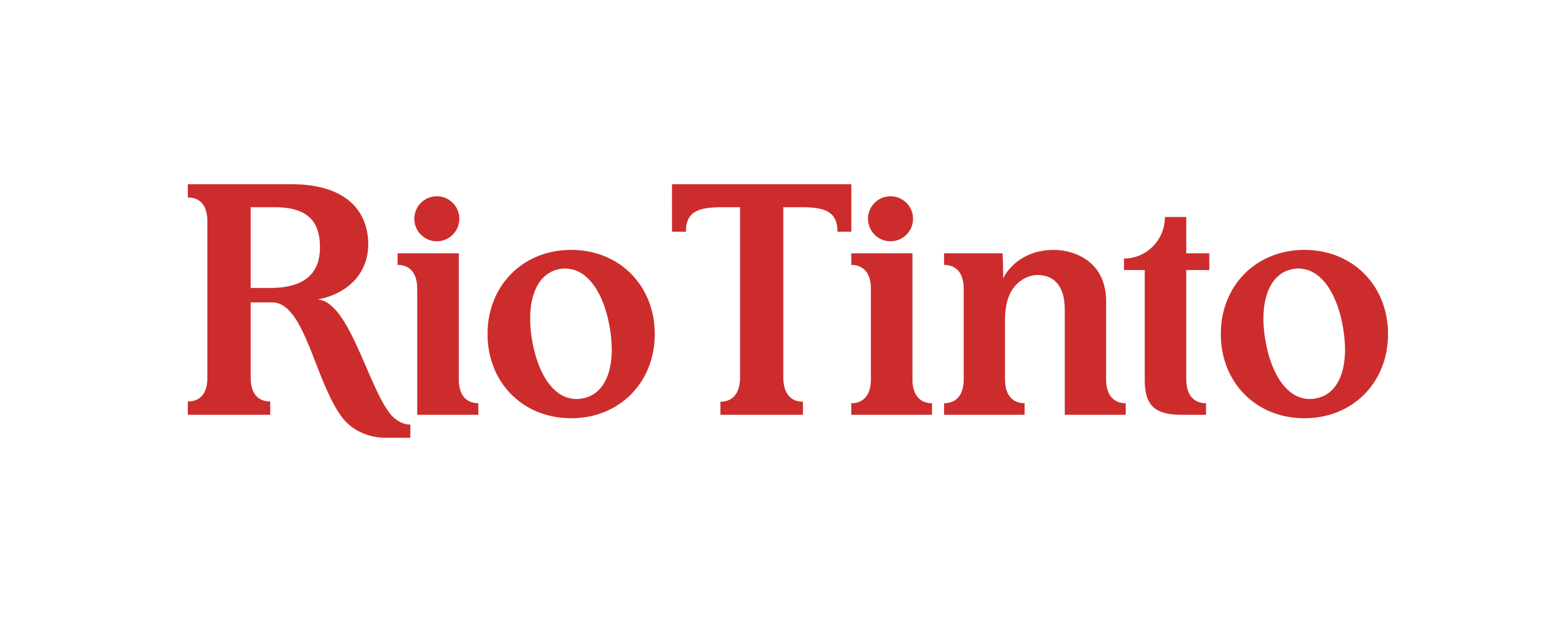



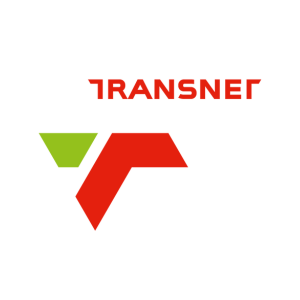


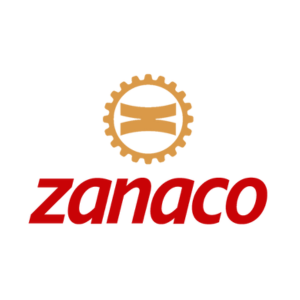


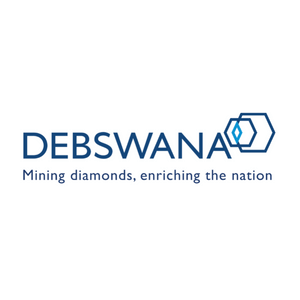



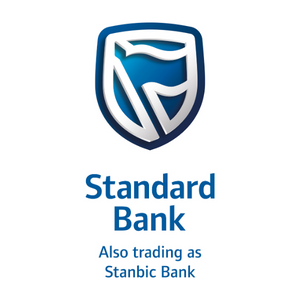


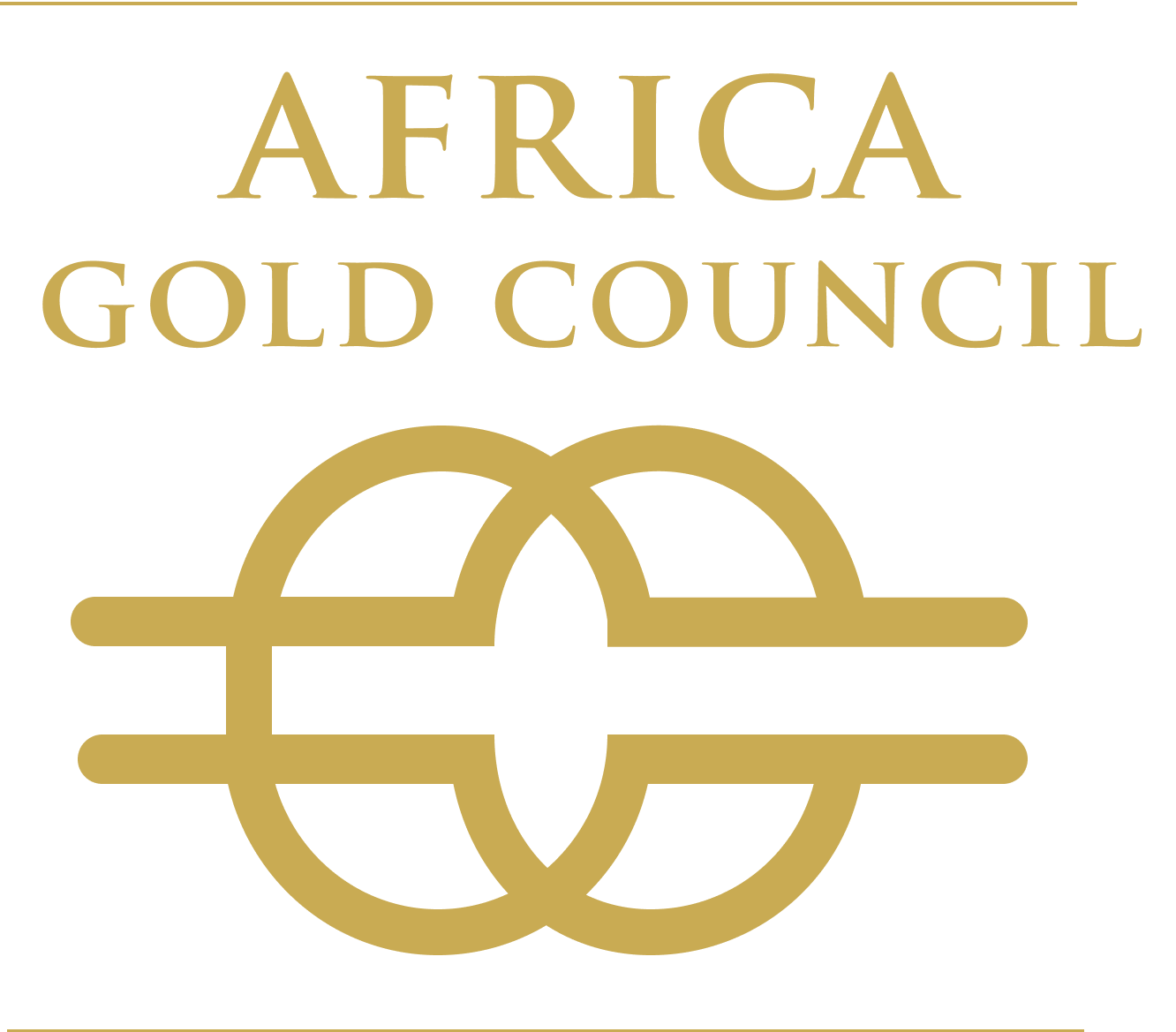
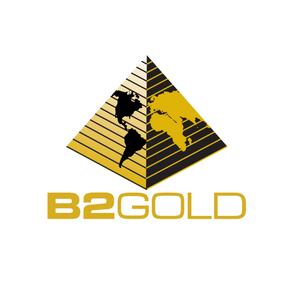
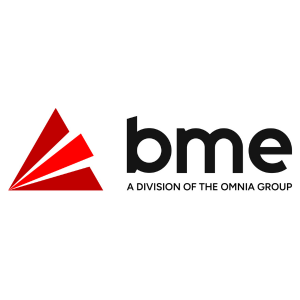


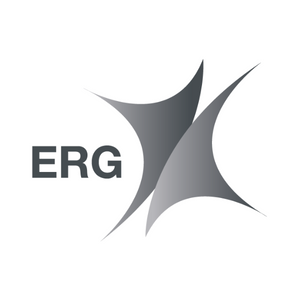





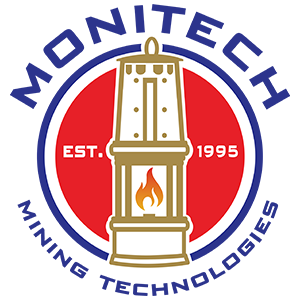



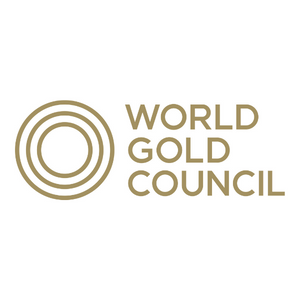
_logo.png?ext=.png)


_mi25-weblogo.png?ext=.png)


